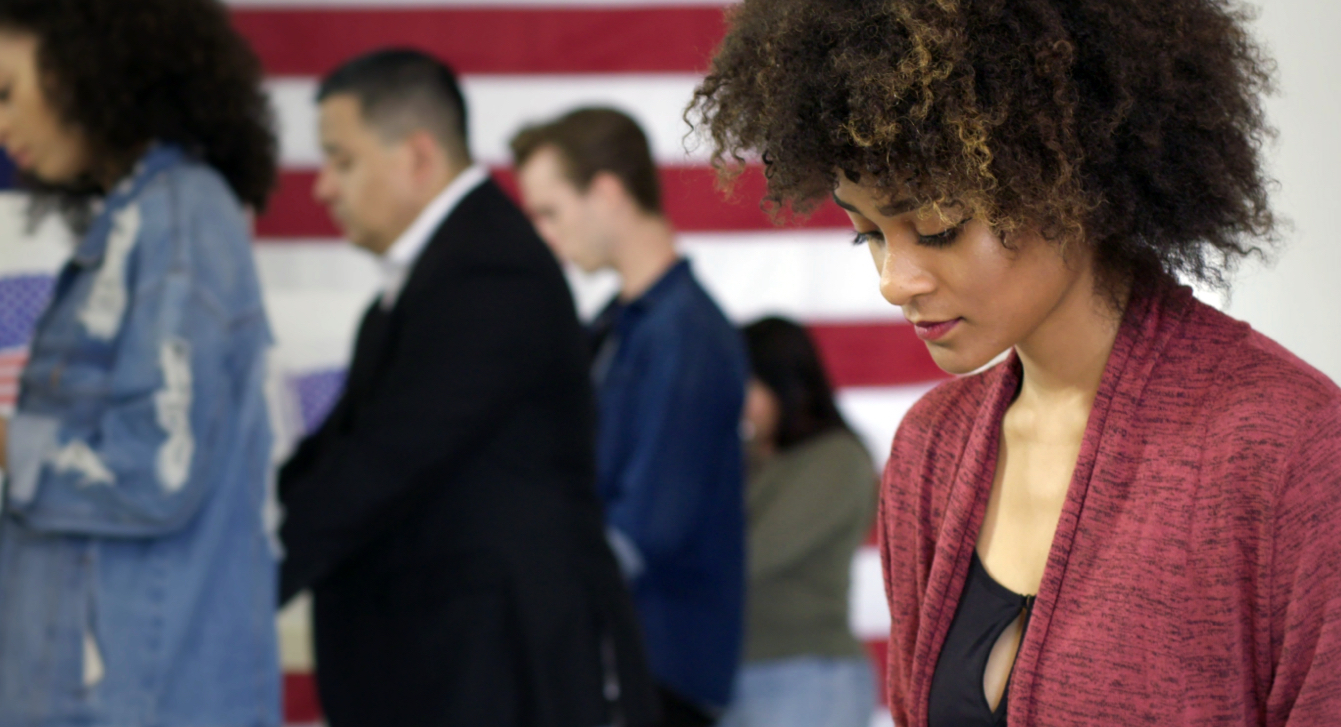Originally published in Detroit News.
The May 2025 election is now in the books. Voters in more than 130 communities cast their ballots in elections across Michigan. Taxpayers decided on important issues affecting their communities, including local bond and millage questions that added up to more than $2.3 billion.
By all accounts, voting on May 6 was secure and safe, with Michiganians making their voices heard in support or opposition to funding for local schools, public safety, parks and more.
This election proceeded smoothly, as did the election before that, the November 2024 presidential election.
In the run-up to that election, concerns about the integrity of the elections process were raised by some. However, when the results showed a clear outcome, previously reported claims of irregularities that had undermined public confidence in past elections were notably absent and the results were broadly accepted across the political spectrum.
That’s not to say we were problem free. Here in Michigan, the November presidential election was noteworthy due to reports of 16 non-U.S. citizens, including a University of Michigan student from China, allegedly casting ballots.
This is clearly a serious matter that deserves scrutiny since only U.S. citizens are allowed to register and vote in our elections. State election officials conducted a review and prosecutors are now investigating those cases.
While the willingness of some to lie about their citizenship exposed a potential loophole in the same-day registration system, keep in mind that those improperly cast ballots represent only 0.00028% of all 5.7 million ballots cast in Michigan in the general election, none of which tipped the results of any races.
While we agree that Michigan has a solid elections system, we also agree that we can have a robust and civil debate on how to make our elections processes even better each election cycle. Because, in our experience, the more voters learn about the strengths of our current system, the more confident they become in its accuracy. In fact, that discussion is taking place right now amongst policymakers in both Lansing and Washington, D.C.
For example, multiple proposals are under debate regarding various requirements for voters to show proof of citizenship when registering to vote. Other proposals that would change how inactive voters are purged from the voter rolls, to avoid voter fraud, are also being discussed.
As bipartisan board members of the Democracy Defense Project (DDP) in Michigan, we strongly encourage all citizens to follow this dialogue, become educated on the issues and make your voices heard on all election security measures that are being debated from Michigan to our nation’s capital.
These policy proposals may come from different political parties, but they all share the common goal of making our elections even more secure, transparent and accountable.
That is why we are advocating for a full but civil policy discussion that leads to useful election reforms — not unsubstantiated claims that needlessly erode confidence in our elections system. Michiganians of all political stripes should engage their elected leaders on these issues.
By working together in a thoughtful, constructive fashion, we can solve problems and further enhance election security and access in Michigan’s elections system.
John Engler and Jim Blanchard are former governors of Michigan. John Cherry is former Lt. Gov., and Mike Bishop is a former congressman. All are bipartisan board members of the Democracy Defense Project.
###
Published: Jun 3, 2025
